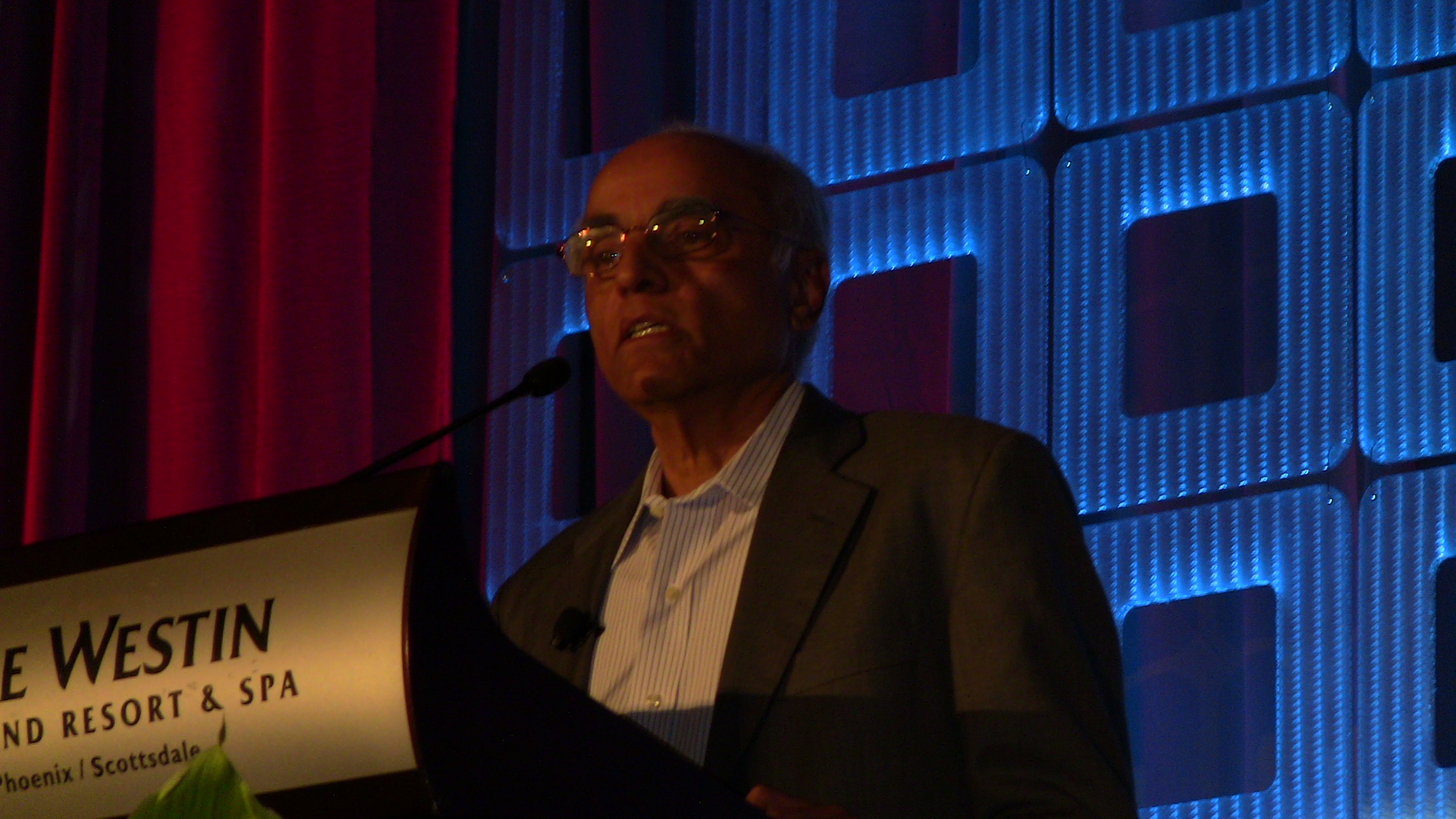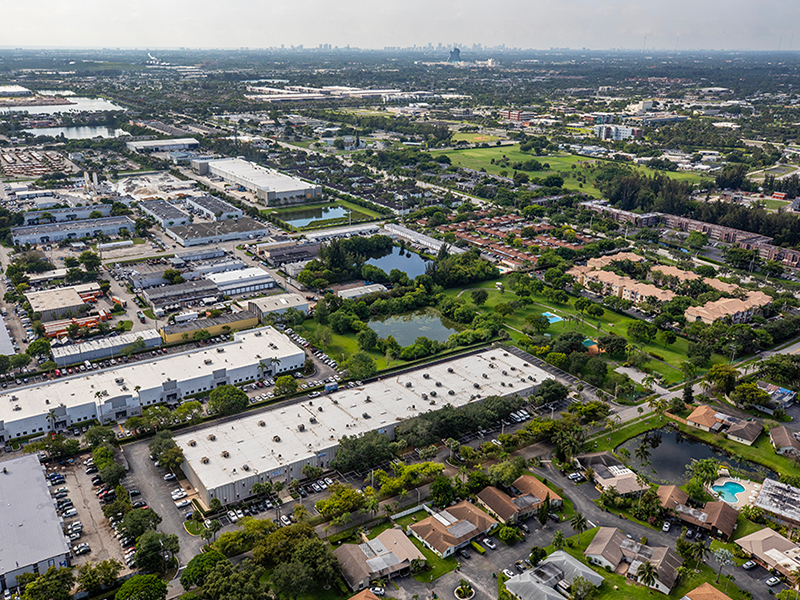IREM Special Report: Embrace Transformative Change, Beware of Complacency, Yardi Founder Urges
In his keynote address, Anant Yardi emphasizes paying attention to customer needs, embracing technology in all its forms and the value of steady yet flexible leadership.
By Paul Rosta, Senior Editor
 Stay on top of technology shifts and generational change. Listen to your customers. Don’t expect immediate success from every initiative. Be mindful of economic cycles—and stay humble.
Stay on top of technology shifts and generational change. Listen to your customers. Don’t expect immediate success from every initiative. Be mindful of economic cycles—and stay humble.
Those were among the principles espoused by Yardi Systems Inc. founder & CEO Anant Yardi during his keynote address at the Institute of Real Estate Management’s annual fall conference in Scottsdale, Ariz., on Thursday.
Drawing on a career that spans five decades, Yardi touched on a technological change, leadership, organizational transformation and economic red flags. A common cause of decline in business, he said, “is an inflection point where the successful companies, the successful leaders, become arrogant.” As a case in point, Yardi cited the rapid fall of the BlackBerry brand, which he attributed to “lack of innovation, lack of customer focus, lack of transformative leadership.” The lesson: “If you get on the wrong track . . . it is extremely difficult to step out of it.”
For the hundreds of real estate managers in the audience, coming trends in technology include a continuing evolution in tools. By 2017, Yardi noted, American companies are expected to increase their use of tablets by nearly 50 percent. The next big thing, he added, could be the “Phablet,” a kind of tablet-smartphone hybrid.
Social media is evolving no less quickly than technological tools. During 2012, 1 billion Facebook users offered about 2.7 billion “likes;” this year, the number of “likes” on Facebook is on track to reach 4.5 billion. And Facebook pages created by businesses now totals about 16 million. “For those who haven’t thought about it yet—consider it,” Yardi advised.
Pointing out the striking economic changes of the past 40 years, Yardi noted that the annual federal budget has grown from $195 billion to $3.1 trillion over that stretch as the population of the United States has increased from 203 million to 308 million. “If there’s one thing I worry about, however, it’s our national debt,” he said. That metric has risen from $5.7 trillion in 2000 to an estimated $16.7 trillion. The debt is approaching 100 percent of gross domestic product.
For comparison, Yardi noted that Greece’s national debt has hit an estimated 130 to 140 percent of that country’s GDP. Noting that a financial or economic crisis has emerged at some point during each of the past several decades, Yardi suggested that one is also likely during this decade. “If there is going to be a financial crisis,” he urged, “it is important for you to hunker down and be conservative in everything that you do.”







You must be logged in to post a comment.